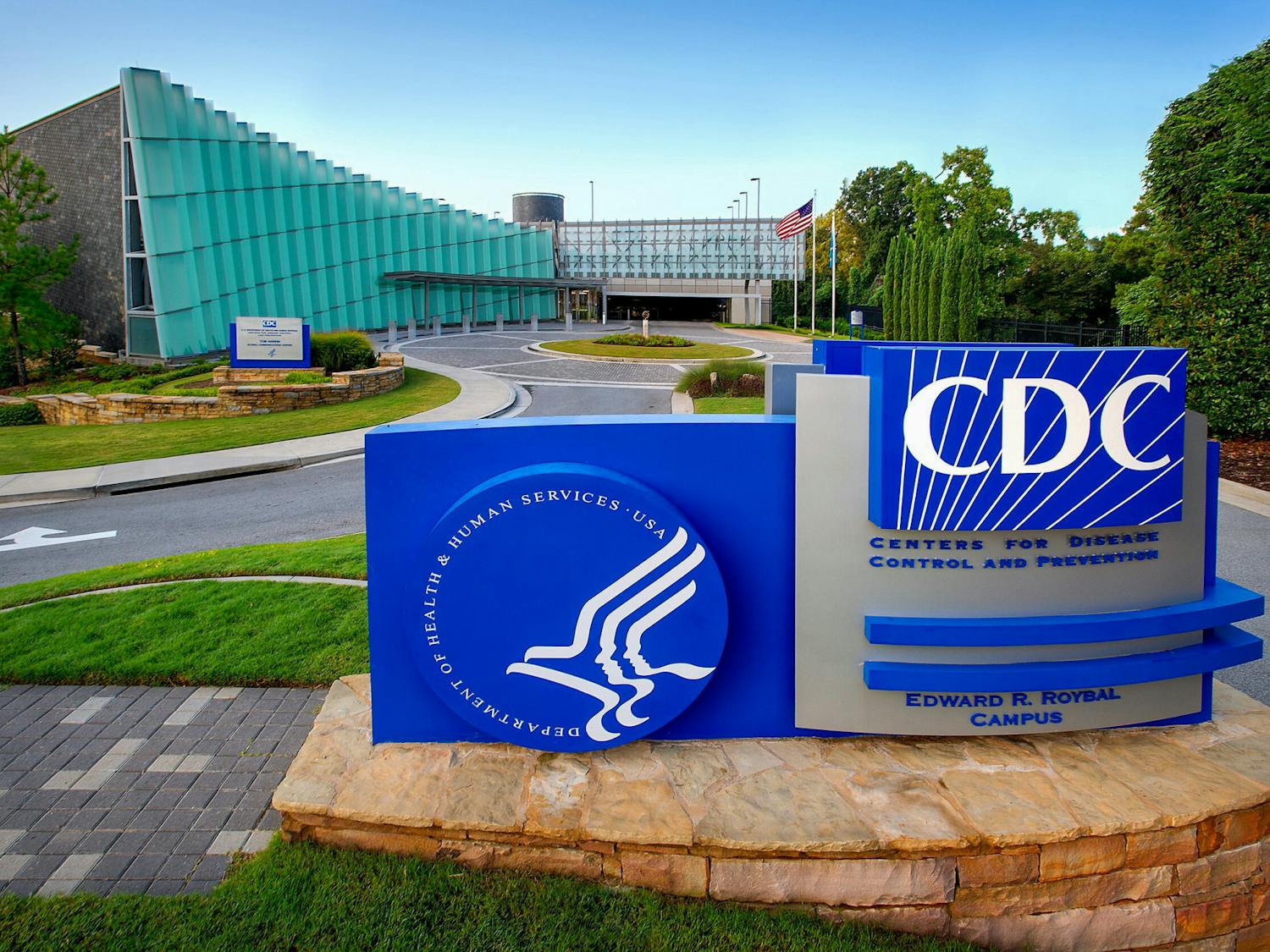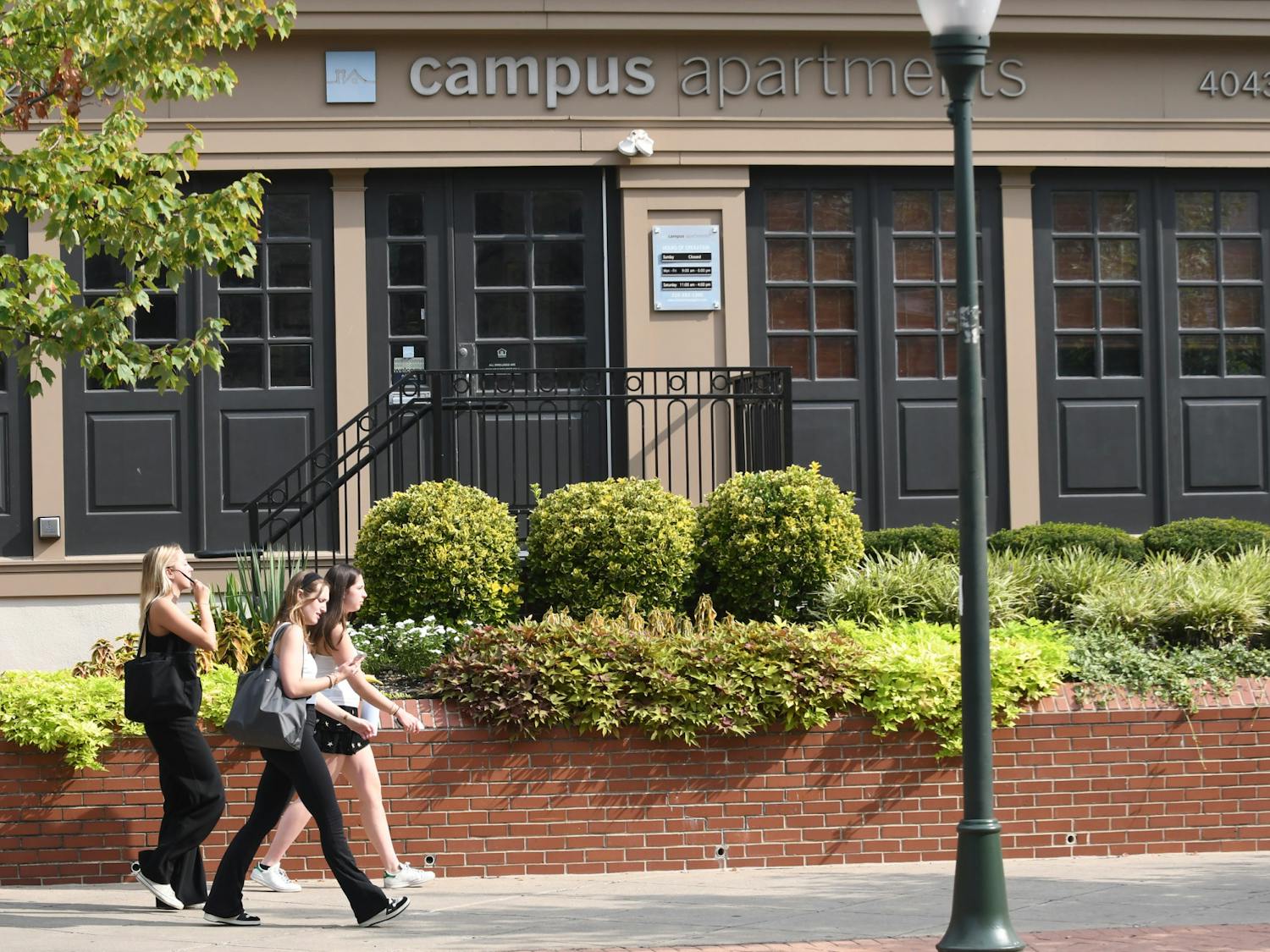In the wake of the inauguration of 1968 Wharton graduate Donald Trump as President of the United States, Penn faces an institutional dilemma. By becoming the alma mater of the sitting president, it has received an honor that perhaps it does not want, and perhaps is not an honor at all. How it will receive this honor or dishonor is a question that it must quickly and transparently address.
Will the University, for example, advertise itself as the alma mater of the sitting president in official materials? Occidental College prominently features President Barack Obama in their admissions materials. Will Trump feature in Penn’s? Will members of the Kite and Key Society, which gives tours of campus to prospective students and parents, promote Penn as the kind of school that graduates presidents? Will Trump be invited as an honored guest to University functions? To speak at graduation?
Whether the answer to these questions is yes or no, the Penn community deserves and would appreciate an explanation for the decision.
We understand that the situation is delicate and, in many ways, unique. For a university to advertise that it played a significant role in the lives of prominent figures is perfectly natural. A meaningful association with a U.S. president — even a controversial one — is generally a credit to any institution. Penn has even highlighted Trump’s alumni status in the past, honoring him at a 2014 Wharton gala and naming him one of Wharton’s “125 Most Influential People.”
On the other hand, Trump is considered by the great majority of the members of our campus community, and many in the world beyond, to be a disgraceful person, with whom any connections are themselves disgraceful. The concept of a president who is not merely unpopular or controversial, but disgraceful, is in many ways a new one within living memory. Unfortunate as it is, however, the lot of figuring out how to navigate these uncertain waters has fallen upon Penn, and navigate them it must.
To date, however, the University has seemingly preferred to act as though the dilemma does not exist to begin with. “We have always acknowledged that President Trump (and other members of his family) are alums of Penn,” said Vice President for University Communications Stephen MacCarthy. “Our relationship with him is no different than it would be with any other graduate.”
This approach is untenable. No other graduate is the sitting President of the United States, arguably the single most visible and powerful individual on the planet. Inevitably, Penn’s relationship with President Trump is different in practical terms than its relationship with any other person, because there is no other person, let alone Penn alumnus, in a comparable position. Moreover, Trump has been eager, for his part, to highlight his connection to the school, touting his 1968 Wharton bachelor’s degree as an intellectual credential and a defense against accusations of improper conduct.
The question of Penn’s relationship with Trump is too fraught and complex to go publicly unaddressed. Though any decision need not necessarily be made by consensus, it should not be made secretly. Students, alumni, faculty and staff deserve to know precisely what path has been chosen and why. Continuing to remain silent is not an option.
From our perspective, there are at least two better alternatives that would resolve the present dissonance without compromising Penn’s need to remain above the partisan fray. Penn could embrace Trump unambiguously as an alumnus of whom it is proud for his attainment of the presidency, independent of any other factors. It would, in this case, offer him up publicly and officially, as an example of the important and impressive things Penn students go on to do.
Or, on the other hand, Penn could declare that Trump’s personal conduct — distinct from his political agenda or positions — is not reflective of Penn’s values, and that it therefore will not proffer him as an exemplary Quaker.
We do not, at this time, express a strong desire for one approach over the other. Either would maintain both Penn’s integrity and its political impartiality. They are clarifications, not political endorsements or denunciations. Penn legally cannot and ethically should not take a formal stand for or against any politician or policy. It is disingenuous, however, to pretend that Trump is just like any other graduate.
To preserve its integrity, Penn must not stick its head in the sand. This conversation is one that must be had, and it deserves to be had out loud.









